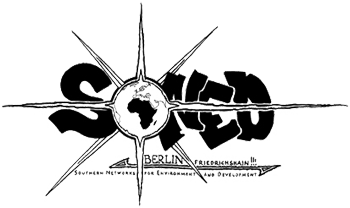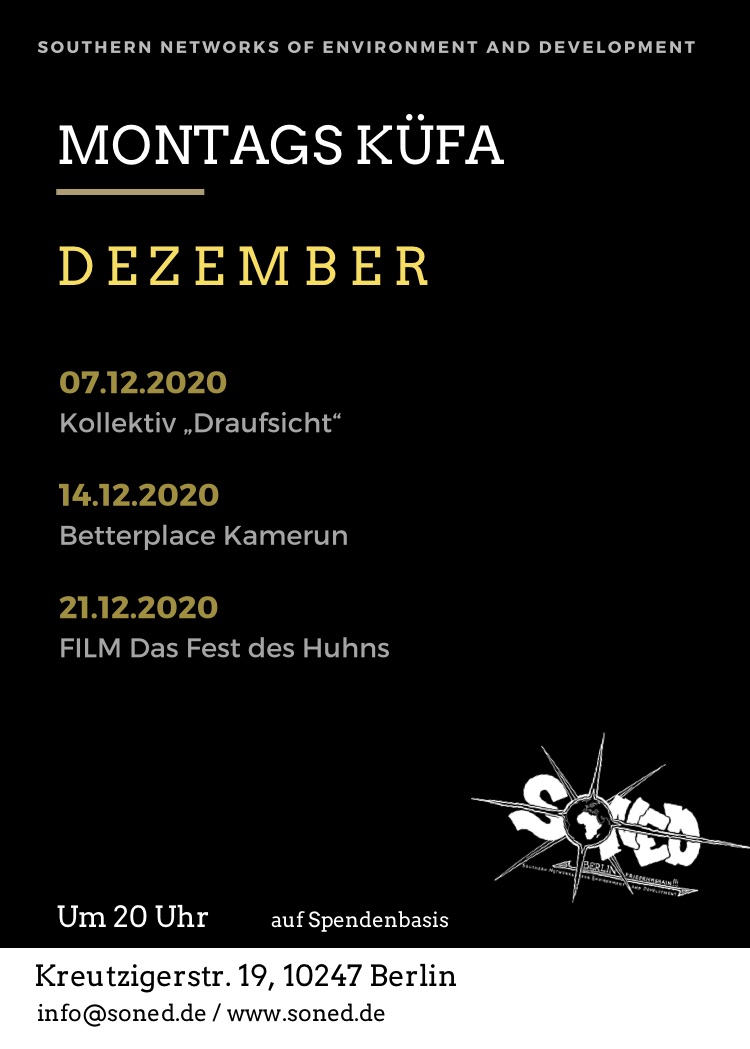
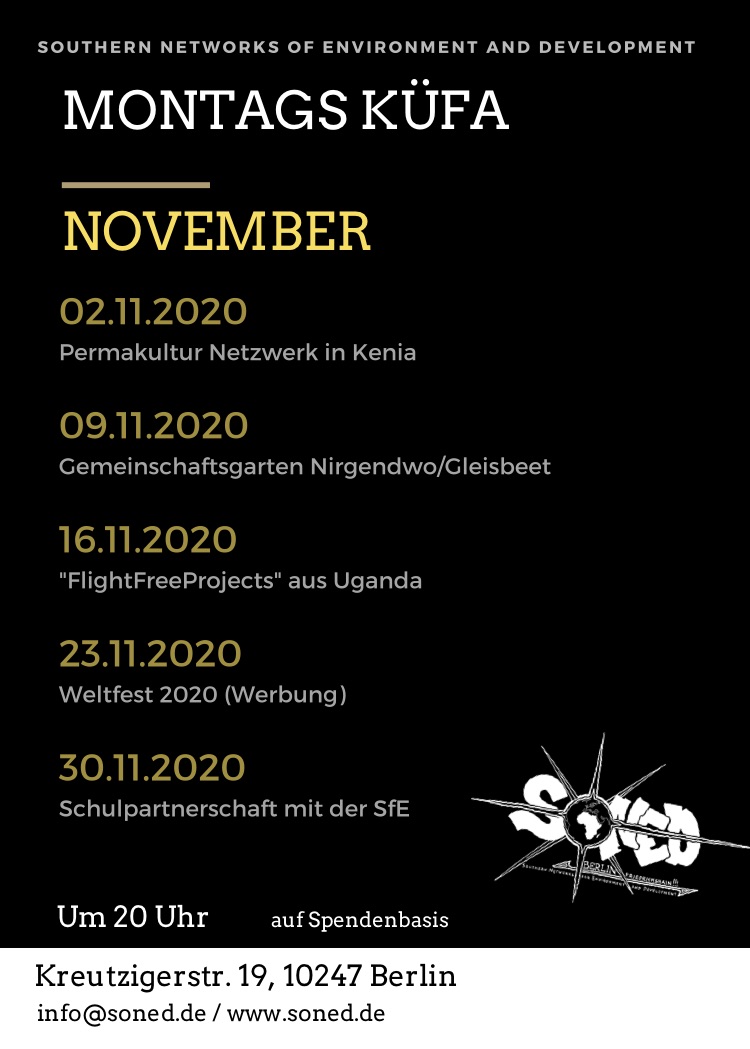
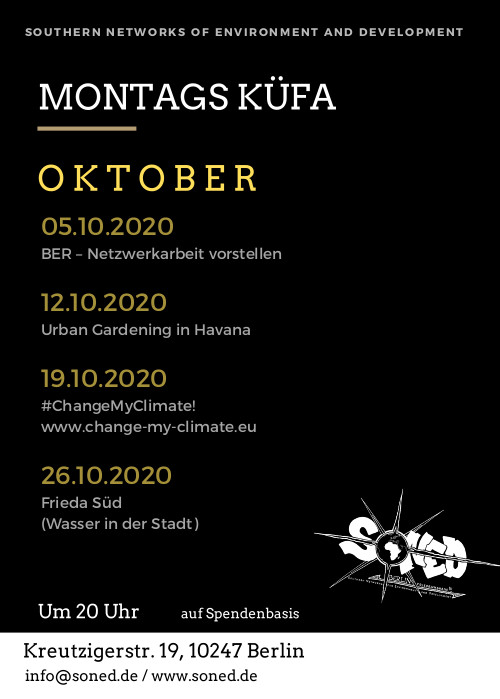
The 3d course
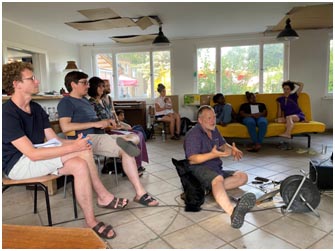
For the 3d course, we met outside of Berlin at “Dicke Eiche” in the Werder / Havel Area, a beautiful house in the countryside and close to a lake. Again this was an example of a house and wide green space organised and run by a community of people, practicing alternative ways of living in tune with nature. It felt very familiar to meet the others in beautiful and interesting new surroundings again. The group vibe, developed over the last courses, was strong and laughing was as important as providing time and space to every individual.
Robert Strauch the teacher of this last course introduced us still deeper into the topic by looking into specific possibilities permaculture offers. For example, we were taught how to read topographic maps in order to analyse a certain piece of land and be able to zone it for living, growing and saving water. Or we learned about detailed life cycles of forests and their methods of air and water processing. We also learned how farmers could answer the rise of temperature, by farming differently and using the right trees in order to protect their land from dryness. Robert´s class gave us a more hopeful view into the future we are facing regarding the impact of climate change as he offered many ideas on how to react to it. As this was also the last part of our course, it made sense that we used part of it to work on planning exciting sites, to put our newly acquired knowledge into practise. We formed groups and each one worked on a different site. The result of the group proposals was presented on the last day.
This experience was challenging because of the diversity of opinions in the group and additionally, the limited time put pressure on us. However, reflecting on our outcome afterwards, we all agreed that it is an integral element of planning to discuss and exchange different opinions. Methods like the “talking stick”, “dragon dreaming” and many more are tools that can truly help us out here. We are strong in groups but we also have a huge need to have our individual ideas to be heard and respected. So, in order to form “one common shared goal” we have to open up to the process and rethink and evaluate it all the time. Like nature, processes are not static and we have to respect this constant change in order to be able to work with instead of against it.
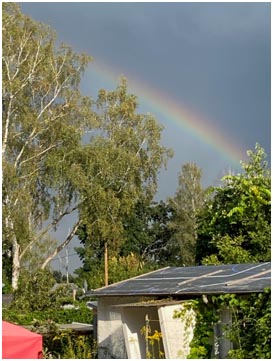 Text by: Sherin Abu Chouka, Rose Mutua, Lena Hirche
Text by: Sherin Abu Chouka, Rose Mutua, Lena Hirche
https://bauhuette-kreuzberg.de/frieda-sued/
Way of the Evoneer
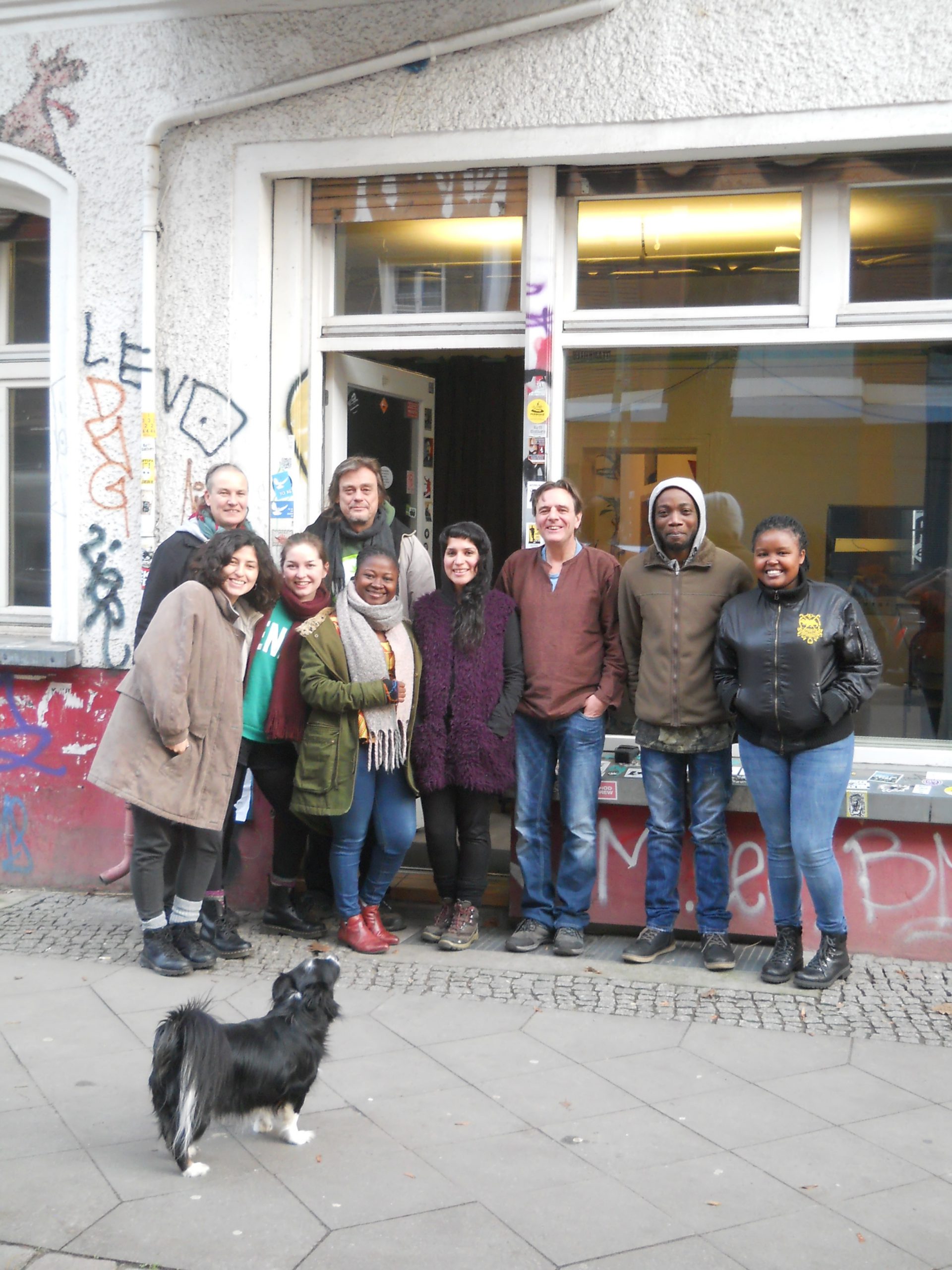
“The Evoneer’s journey” is a combination of social permaculture methods and methods developed by the Global Ecovillage Network.
The objective of the workshop was to contextualize the Evoneer’s journey and build capacity among the participants to learn from this path.
The aim is to develop change agents and explain the patterns of transition processes to them.
Of special importance was the focus on the economics of transition, including fundraising, because a common pattern among change agents is the aversion towards finances.
Topics like empowered fundraising and the Business Model Canvas were included in the workshop to help combining the love for the planet with the need for earning a living.
The first day started with an unconventional introduction game: The group was divided into couples and everyone had to answer 4 questions to their partner and then introduce their partner to the rest of the group.
Afterwards the 9 stepping stones of “The Evoneer’s journey” were presented and the group discussed them and was asked where in this journey we are at the moment.
An important note was also, that you can be on different stones with different aspects of your life and that the model is not linear, but spiral and you can go back and forth continuously.
The stepping stone “Integrating Shadows” got special attention, since this is the negative phase each project is going through at some point.
One key focus of the workshop is also, how to integrate those shadows and not fall into depression, so that it is possible to go on with the journey.
In the afternoon, the 5 dimensions of sustainability were discussed and a set of cards was used to give examples of key activities of each dimension.
The participants were asked to choose one strength and one weakness among them.
Focus of day 2 were “Answering the Call” and “Crossing The Threshold”.
Tools we used were the compass model about good presentations (?) and the “Statement of Intention”.
These were a good way to structure thoughts and formulate the vision into a concrete idea.
Another method to help in getting to know the own resilience on different levels is shown in the “I – We – World”-Model.
A clear structure of a concrete organisation is given with the “Business Model Canvas”.
As an example the group worked on SONED e.V., which turned out to be helpful in terms of getting an overview about current activities and areas that still need improvement.
Another model that was discussed that day was the “Leaderful Model”.
This approach is inclusive, which distinguishes it from patriarchal leadership.
Within these system active leaders, supporters and leaders constantly switch positions, which is necessary in order to create empathy and not discriminate against people in different positions.
It is a call for every person to take responsibility.
Further methods used over the course of the workshop were “GROW” and exercises in conflict management.
The participants were also told that the ability to receive feedback is essential in order to be effective. Space for feedback should be created as soon as the facilitator of an organization or activity senses upcoming conflict.
All in the entire workshop enhanced communication between the participants and helped in finding solutions for current problems in SONED e.V.
On the last day, the next steps were discussed and the participants decided on meetings in the upcoming weeks to bring these steps into action.
These six days were experienced as empowerment among the participants and brought new energy in the SONED team.
It was a great start in 2020 and helped in optimizing the structure of the organisation as well as of the individual participants.
Permakultur-Design-Kurs im Sommer 2020
präsentiert von SONED e.V.
in Kooperation mit dem Gemeinschaftsgarten Frieda Süd und
der Permakultur Akademie SONED
Nachhaltigkeit vom globalen Süden lernen
Globale Zusammenhänge erkennen– Klima & Konsum wandeln!
Recognition of Global Contexts - Climate & Consumption Change!
Termine/Schedule:
23.07.2020 bis 26.07.2020 (Teil/part I)
06.08.2020 – 09.08.2020 (Teil/part II)
20.08.2020 – 23.08.2020 (Teil/part III)
Anmeldung an:
info@soned.de Office: 030 2945401
Registration to:
info@soned.de Office: 030 2945401
In diesem PDK wollen wir Fluchtursachen wie Klimawandel und globale Wirtschaftssysteme beleuchten und die nötigen Veränderungen aufzeigen. Anhand konkreter Projektbeispiele aus den sogenannten Entwicklungsländern, zeigen wir auf, wie durch Anwendung permakultureller Prinzipien diverse Modell Projekte entstehen, die Lösungen aufzeigen entsprechend der SDGs (Sustainable Development Goals - von der Weltstaaatengemeinschaft im September 2015 vereinbart).
In this PDC we want to shed light on causes of flight such as climate change and global economic systems and show the necessary changes. On the basis of specific project examples from the so-called developing countries, we show how by applying permaculture principles, various model projects emerge which show solutions according to the SDGs (Sustainable Development Goals - agreed by the World Community in September 2015).
Wir wollen mit euch auf globale Fragen kleinteilige Antworten finden, die wir in unseren Alltag integrieren können. In urbanen Permakultur-Projekten werden die Prinzipien der Permakultur lebendig und wir können bei der Gestaltung konkret mitwirken und praktisch lernen!
We want to find small-scale answers/solutions with you, on small questions, which we can integrate into our everyday life. In urban permaculture projects, the principles of permaculture become alive, and we can actually participate in the design and learn practical.
Der Kurs ist in drei verlängerten Wochenenden (jeweils Donnerstag ab 15:00 – Sonntag 16:00 Uhr) aufgeteilt und soll in gemeinschaftlicher Atmosphäre die Grundlagen der Permakultur vermitteln, erarbeiten und erproben. Dabei wechseln sich Theorie, Gestaltungsübungen und Praxis ab. Die Veranstaltungsorte liegen in Friedrichshain-Kreuzberg sowie bei Werder/Havel.
The course is divided into three extended weekends (each Thursday from 16:00 - Sunday 16:00 hrs) and is intended to convey, try and test the foundations of permaculture in a collaborative atmosphere. The theory, design practice and practice change. The venues will be held in Friedrichshain-Kreuzberg and near Werder/Havel.
Während des Kurses werden folgende Themen schwerpunktmäßig behandelt:
During the course, the following topics are dealt with:
Teil I: Earth care - People care - Fair share: Ethische Grundlagen der Permakultur • Permakultur Prinzipien und -Methoden • Ökonomie und Gemeinschaft • Urbane Permakultur und Transition Town Movement / Ethical foundations of permaculture, • Ecosystems and complexity, • Permaculture principles and methods • Economy and community. • Urban Permaculture and Transition Town Movement
Teil II: Nachhaltigkeit weiter gedacht: Ökosysteme und Komplexität • Soziale Permakultur • Beobachtung und Wahrnehmung • Böden, Bäume, Wasser, Klima • Natürliche Muster • Selbstversorgung
Part II: beyond Sustainability: Social permaculture, • observation and perception, • Soils, trees, water, climate • Natural patterns, • Self-sufficiency
Teil III: Wir gestalten uns die Welt wie sie uns gefällt: Designübungen • Darstellung und Präsentation • Architektur • Geländemodellierung
Part III: We design the world as it pleases us: Design exercises • Presentation and presentation • architecture • Landscape Modeling
Kursgebühr & Unterkunft / Course fee:
Die Kursgebühr beträgt 800 € für alle drei Teile.
Für die Verpflegung bitten wir um einen Beitrag von 60 €.
Bitte wendet Euch an uns, wenn finanzielle Gründe Euch von einer Teilnahme abhalten. Wir versuchen, eine Lösung zu finden.
The course fee is 800€ for all 3 parts. For catering we ask for a contribution of 60€. Let us know if you have financial difficulties. We try to find a solution.
Anreise und Unterbringung werden von den Teilnehmenden selbst organisiert (in Werder ist ein Campingplatz zum Zelten). Gerne helfen wir Euch bei der Organisation.
Travel and accommodation should be organised by the participants. (In Werder is a place for camping). We can help you to organise it.
